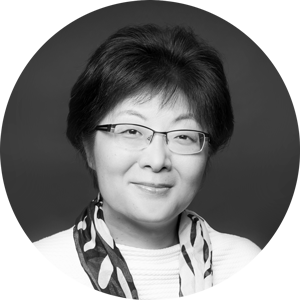TP1 Room
Humans
TP1 will integrate empirical and theoretical knowledge to identify and optimize key human factors for the development of next-generation Cyber-Physical Systems (CPS) and human-inspired machine learning, aimed at enhancing Human-in-the-Loop applications. This research will focus on understanding and leveraging the human elements crucial for seamless interaction and efficient performance of CPS.
The Aim
Our aim is to establish an empirical basis for modelling human goal-directed multisensory perception and action, including a broad coverage of human factors sensitive to age and expertise.
The Innovation
CeTI is pioneering research in areas where humans and machines interact and work together. Our work focuses on creating interfaces between learning and technology, advancing virtual-reality-aided neurosciences, and improving robot-assisted surgery. By understanding and modelling human multisensory perception and action, we aim to enhance the synergy between humans and machines across various applications.
The Expertise
The CeTI team brings together experts from multiple disciplines to address the challenges of human-machine interaction. Our researchers in neuroscience study brain function and perception to inform our models. Specialists in human factors and ergonomics focus on age and expertise-related sensitivities. Our engineers and technologists develop advanced interfaces for seamless integration of learning and technology. Additionally, our experts in virtual reality and robotics work on cutting-edge solutions for virtual-reality-aided neurosciences and robot-assisted surgery.
The expected Result
CeTI objectives to revolutionize the interaction between humans and machines by providing an empirical foundation for modeling human goal-directed multisensory perception and action. Our innovative research will set new standards for interfaces in areas such as education, healthcare, and industrial applications. CeTI is committed to advancing a future where human and machine collaboration is more effective, intuitive, and adaptive, enhancing the capabilities and experiences of users across all age groups and levels of expertise.


